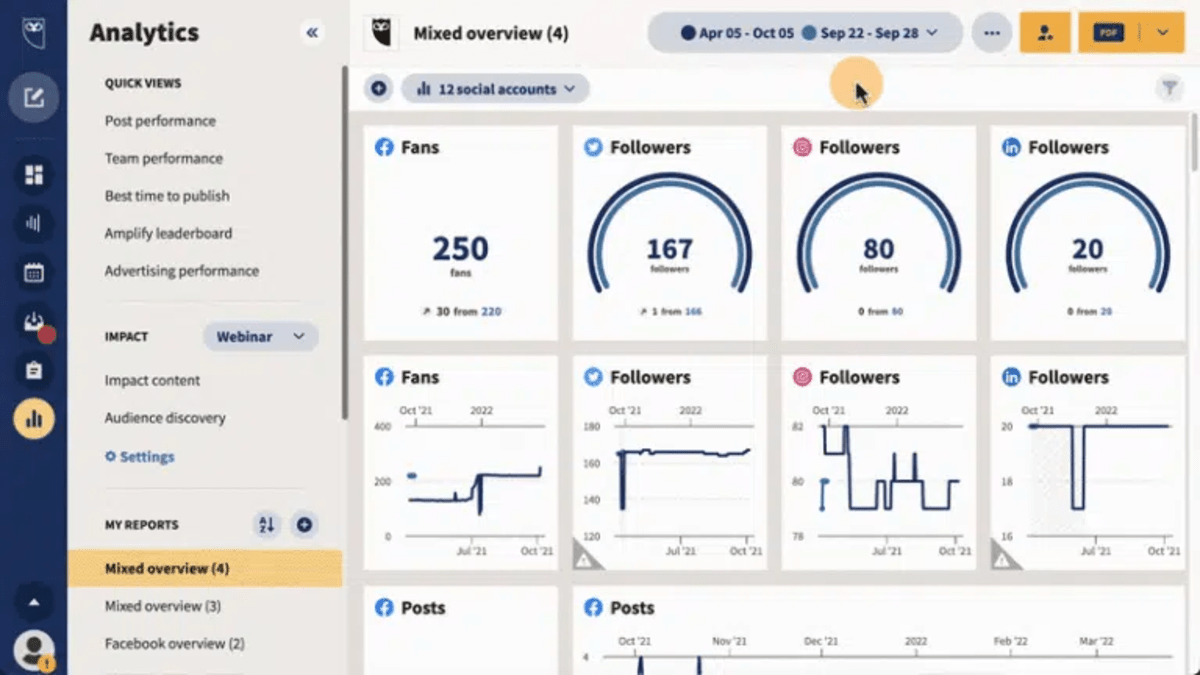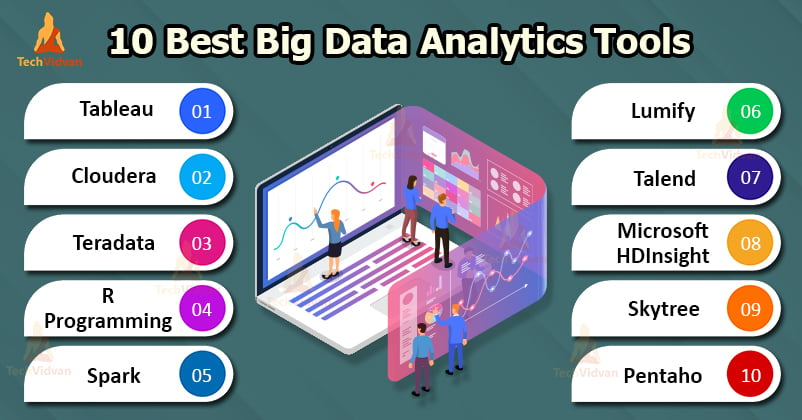Optimize Business Processes Making Use Of Comprehensive Analytics Records
Wiki Article
Take Full Advantage Of Growth: Just How Analytics Drive Better Strategies
By utilizing information insights, services can fine-tune their operational strategies, expect market changes, and enhance customer involvement. The challenge lies not only in collecting information however in efficiently translating it to drive concrete outcomes.Understanding Data Analytics
Data analytics is a methodical computational evaluation of information that allows organizations to discover significant patterns and understandings. This procedure encompasses a selection of techniques, consisting of statistical evaluation, predictive modeling, and information mining, which collectively intend to transform raw information right into actionable information - Analytics. By employing these methods, companies can make educated choices that are rooted in empirical evidence instead of intuition aloneThe structure of data analytics hinges on its capability to handle substantial amounts of details from varied resources. This consists of organized data, such as data sources, and unstructured data, consisting of social networks interactions and consumer responses. With the use of specialized software program and devices, analysts can remove and process this data efficiently, recognizing patterns and correlations that may not be quickly obvious.
Understanding information analytics also includes recognizing the relevance of data quality and honesty. Exact and reliable information is critical for significant analysis; thus, companies have to carry out durable data administration practices. In addition, the iterative nature of analytics permits continuous improvement and renovation of techniques, making certain that companies stay agile when faced with altering market dynamics and customer behavior.
Key Advantages of Analytics

Among the crucial advantages of analytics is its ability to give actionable insights. Organizations can swiftly analyze large amounts of information, discovering patterns that might not be quickly apparent. This helps in expecting market changes and adjusting approaches accordingly. In addition, analytics fosters a culture of evidence-based decision-making, reducing reliance on intuition and uncertainty.
One more considerable benefit is improved consumer understanding. Analytics tools allow businesses to section their audience, track consumer habits, and customize marketing initiatives. This targeted technique not only enhances customer interaction but additionally drives greater conversion prices.

Implementing Analytics Methods
To fully recognize the benefits of analytics, organizations need to embrace organized strategies for implementation. This begins with clearly specifying goals that line up with wider company objectives. By developing specific, quantifiable end results, companies can focus their analytics efforts on locations that yield the greatest roi.Following, companies need to focus on data administration to guarantee the integrity and security of the information being evaluated. This entails establishing methods for information collection, storage space, and accessibility while sticking to pertinent regulations. Guaranteeing high-grade data is critical for creating meaningful insights.
Additionally, cultivating a society of data-driven decision-making is vital. This requires training workers to analyze analytics findings and motivating partnership throughout divisions. They are much more likely to incorporate understandings into their day-to-day operations. when teams comprehend the value of analytics.
Last but not least, organizations should on a regular basis assess and fine-tune their analytics techniques. The landscape of data and modern technology is continuously developing, and staying adaptable will certainly permit organizations to take advantage of brand-new tools and methods successfully. By applying these structured approaches, organizations can make the most of the influence of their analytics efforts and discover this drive lasting growth.
Tools for Effective Analysis
Reliable evaluation relies upon a range of devices that facilitate the extraction of insights from data - Analytics. These tools view publisher site can vary from basic spreadsheet applications to sophisticated machine finding out systems, each serving an unique purpose in the analytical processData visualization software program, such as Tableau and Power BI, plays a vital duty in transforming intricate datasets right into understandable graphical depictions. These tools enable analysts to identify fads and patterns promptly, permitting more educated decision-making.
Analytical analysis software, like R and SAS, offers advanced abilities for performing in-depth evaluations, consisting of regression, theory screening, and predictive modeling - Analytics. These attributes encourage companies to draw meaningful verdicts from their information, identifying potential possibilities and threats
In addition, data source monitoring systems such as SQL and NoSQL data sources offer the necessary infrastructure for storing and quizing large volumes of information efficiently. They make certain that data is arranged and obtainable for analysis.
Finally, service knowledge systems incorporate various data resources, supplying a detailed view of business efficiency. By using these tools effectively, businesses can enhance their logical capacities, enabling them to create methods that take full advantage of development and boost total performance.
Study of Success
Effective companies usually utilize information analytics to drive impactful techniques, as evidenced by a number of remarkable case research studies. One popular instance is Netflix, which uses advanced formulas to assess visitor preferences and actions. By using these understandings, Netflix has actually successfully tailored its content recommendations, resulting in raised individual interaction and customer Full Article retention. Their data-driven strategy has unquestionably added to their status as a leading streaming service.
Additionally, Starbucks uses data analytics to figure out optimum shop areas and refine its item offerings. By examining customer demographics and purchasing patterns, Starbucks effectively identifies high-potential markets and tailors its food selection to neighborhood preferences, driving sales and consumer loyalty.
These study highlight that effective use of information analytics can cause tactical advantages, promoting development and development within companies across different sectors.
Conclusion
In conclusion, the assimilation of analytics into organizational methods considerably boosts decision-making procedures and promotes lasting growth. The effective execution of analytics devices even more sustains dexterity and development, enabling organizations to navigate competitive landscapes with greater accuracy.Information analytics is a systematic computational analysis of data that allows companies to reveal significant patterns and insights.Recognizing data analytics also involves recognizing the value of information top quality and honesty. Exact and trustworthy information is important for meaningful analysis; thus, companies have to implement robust information administration practices.Next, companies need to prioritize data governance to ensure the integrity and protection of the information being examined.Effective companies often utilize data analytics to drive impactful approaches, as confirmed by numerous notable instance studies.
Report this wiki page